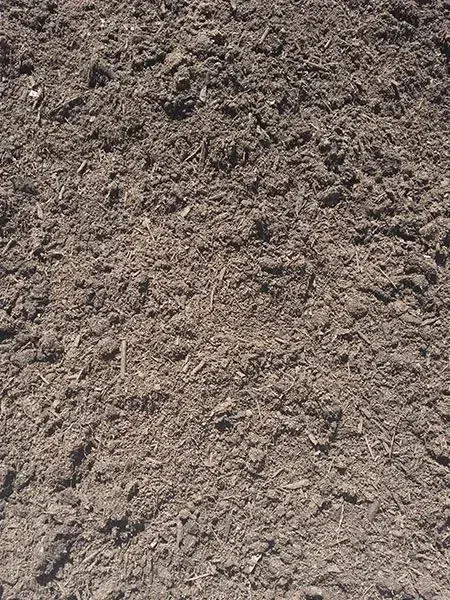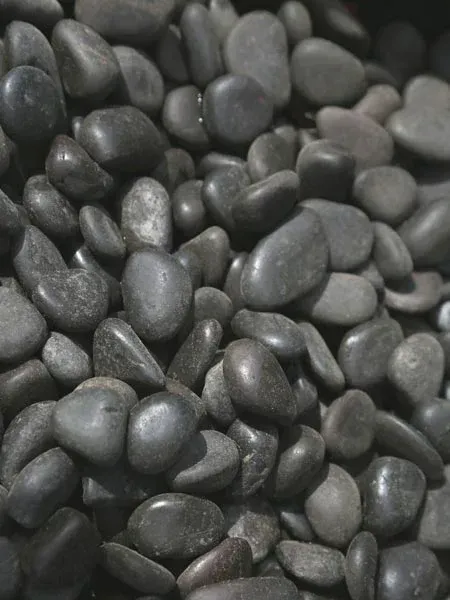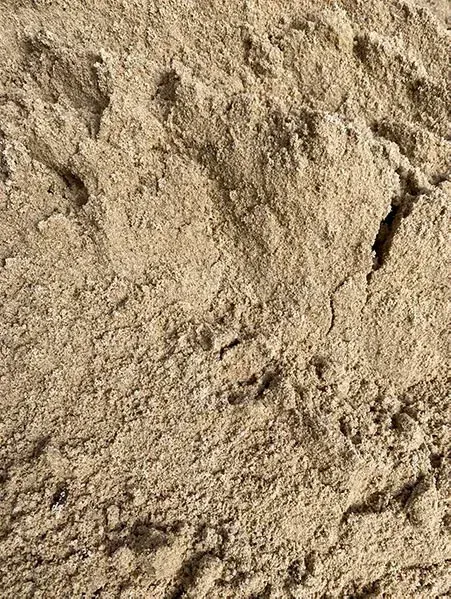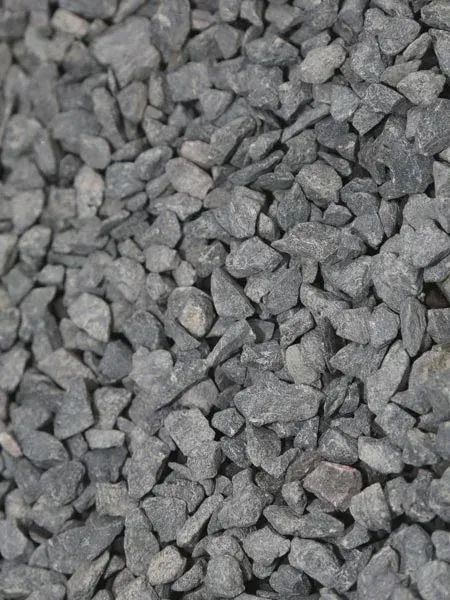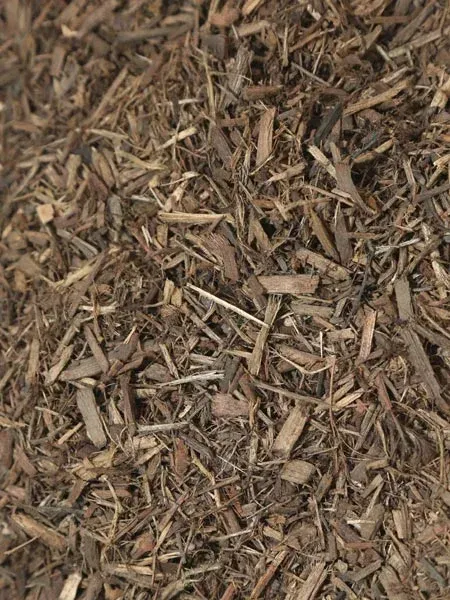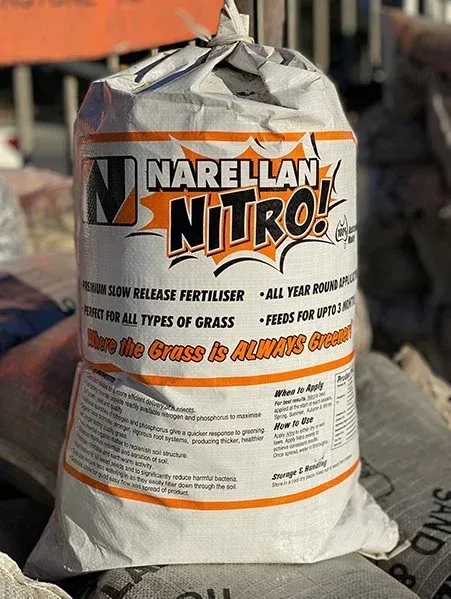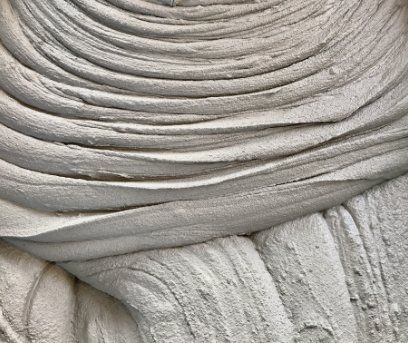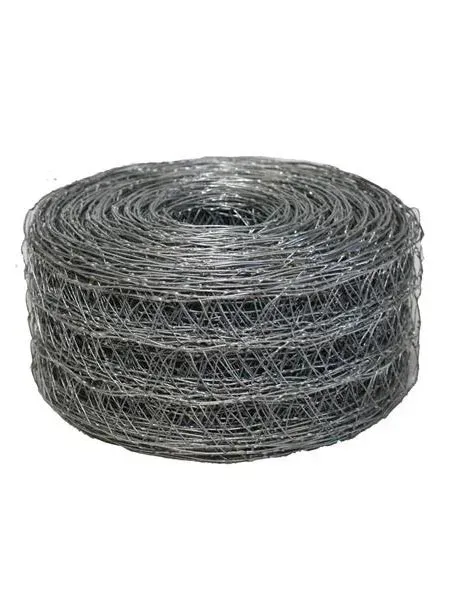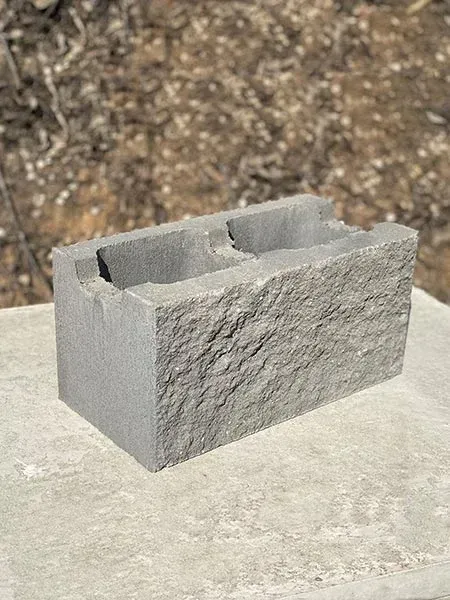Geotextile is a versatile material that serves various purposes in construction, civil engineering, and landscaping projects. It is a synthetic fabric engineered to provide reinforcement, filtration, separation, and drainage capabilities. Let's explore the different applications and benefits of geotextile in more detail.
Enhancing Stability and Reinforcement
Geotextile plays a crucial role in enhancing the stability and reinforcement of soil structures. When used in road construction, it helps distribute the load from vehicles, preventing the formation of ruts and potholes. By reinforcing the soil, geotextile can increase the overall strength and longevity of roads, parking lots, and other paved surfaces.
Improving Drainage and Filtration
Another important purpose of geotextile is its ability to improve drainage and filtration systems. By allowing water to pass through while preventing the migration of fine particles, geotextile acts as a filter. It helps prevent clogging of drainage systems, such as pipes and trenches, and ensures efficient water flow, preventing the buildup of hydrostatic pressure.
Separating Different Materials
Geotextile is also used for separation purposes, particularly in landscaping and construction projects. It creates a barrier between different layers of soil, aggregates, and other materials, preventing their mixing. This separation helps maintain the integrity of the different layers and reduces the risk of settlement, erosion, and contamination.
Erosion Control and Sediment Retention
In areas prone to erosion, geotextiles can be employed as an erosion control measure. By stabilising the soil and preventing surface erosion, it helps protect slopes, embankments, and coastal areas. Additionally, geotextile can retain sediment, acting as a sediment control barrier in construction sites, preventing soil erosion and protecting water bodies from pollution.
Contact Narellan Sand, Soil & Garden Supplies for all your drainage needs
Geotextile is a valuable material with diverse applications in construction, civil engineering, and landscaping projects. Its purpose ranges from enhancing stability and reinforcement to improving drainage, filtration, and erosion control. Whether you're constructing a road, building a retaining wall, or working on a landscaping project, geotextile can provide numerous benefits.
For all your landscaping supplies needs, including geotextile and other essential materials, consider Narellan Sand, Soil & Garden Supplies. We offer a wide range of high-quality products to support your construction and landscaping endeavours. Visit our website or contact us today to learn more and place your order!

